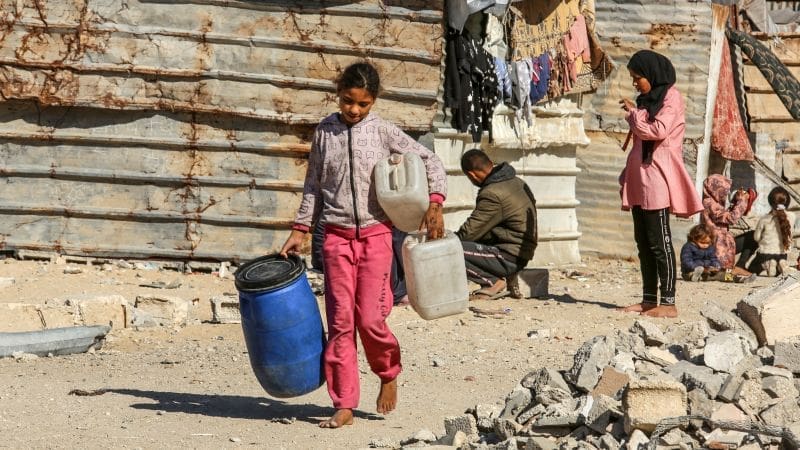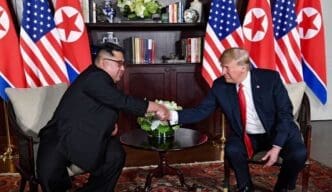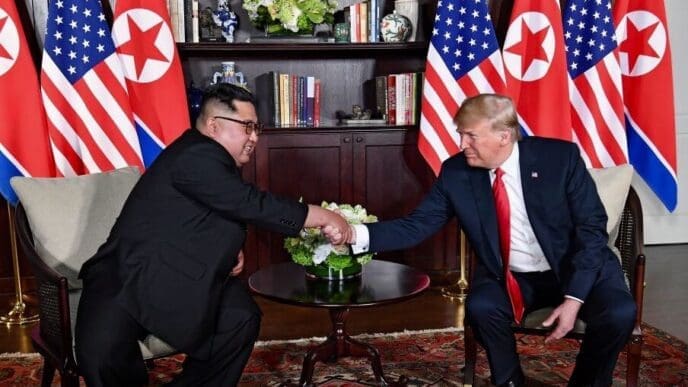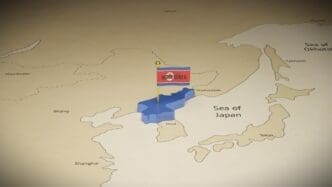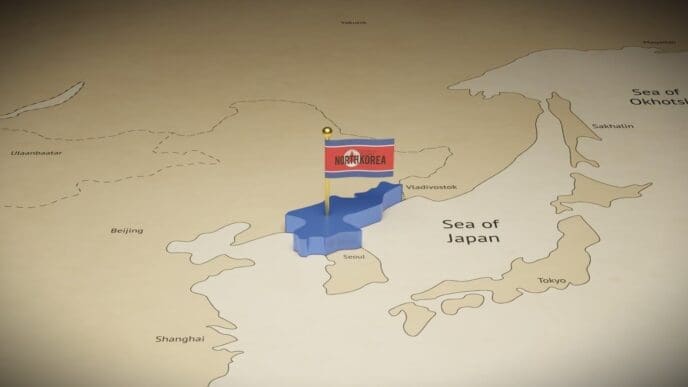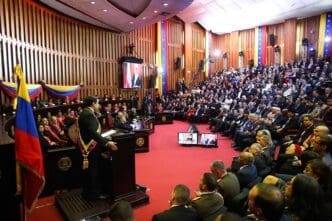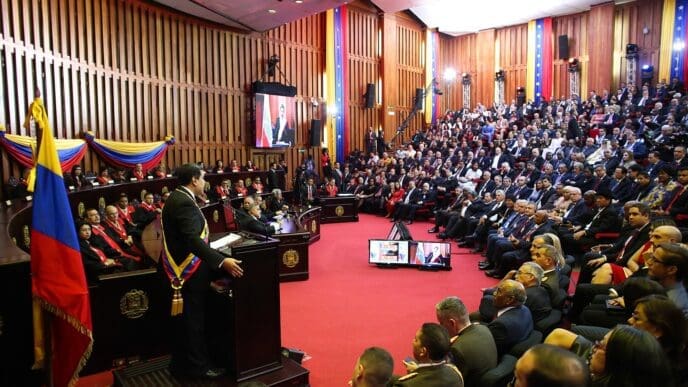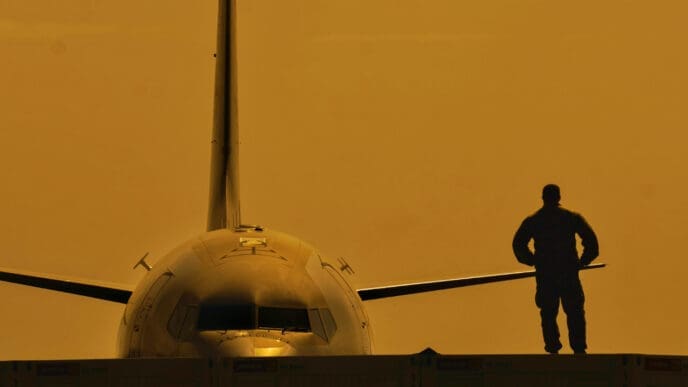In a comprehensive report released Thursday, Human Rights Watch (HRW) has leveled serious accusations against Israeli authorities, accusing them of committing acts that it classifies under the Genocide Convention. The report charges Israel with restricting water supplies to Palestinians in Gaza, an action HRW claims has contributed significantly to severe humanitarian consequences.
The investigation by HRW, spanning a period from October 2023 to September 2024, identifies a deliberate restriction by Israel on the provision of what the World Health Organization (WHO) asserts as the minimum required water quantity for survival during emergencies. This deprivation, according to HRW, has played a role in thousands of fatalities and a surge in diseases in the Gaza Strip.
Contrastingly, Israeli officials have categorically denied these allegations, labeling the report as deceitful. A spokesperson from Israel’s foreign ministry dismissed HRW’s claims, reinforcing that Israel has continuously allowed the flow of water and humanitarian aid into Gaza. They assert that crucial water infrastructure remains functional, countering HRW’s depiction of restricted water access.
The Biden administration has also expressed its disagreement with the findings of HRW, citing the high legal threshold needed to classify situations as genocide. Still, U.S. officials note they have consistently addressed water accessibility issues with Israel, stressing the necessity for everyone in Gaza to have adequate water access.
HRW’s findings are stark: most water available to Gazans is not potable, and the blockade of water-related humanitarian aid from Israel has been catastrophic. Damage to Gaza’s water infrastructure due to Israeli airstrikes, coupled with restricted pipeline water flow, has severely impacted water availability for over 2 million Palestinians residing in the territory.
Notably, the destruction of water facilities has been significant. According to the World Bank and Ipsos, by August 2024, upwards of 84% of Gaza’s water infrastructure had suffered damage. A key reservoir in Rafah was reportedly destroyed by Israeli forces, an event initially shared on social media but later removed, geolocated by CNN.
The crisis has led to an increase in diseases related to contaminated water and unsanitary conditions. WHO documented the presence of the poliovirus in sewage from tented camps in Gaza, leading to the first polio case confirmation in 25 years for a child in August 2024. As HRW highlights, Palestinians are forced to drink and wash with unsafe water, exacerbating health risks.
HRW also attributes the water crisis to a larger pattern of using water as a tactic of warfare. This follows statements from Pedro Arrojo-Agudo, a UN representative, emphasizing that blocking clean water supply constitutes a violation of international law. Such constraints compound the difficulty of the humanitarian conditions in Gaza, where health care infrastructure has been decimated and monitoring of diseases is challenging.
In the context of ongoing conflict, talks for a ceasefire continue. Although Hamas has noted a positive shift in negotiations, hurdles remain, with both sides in indirect discussions in Qatar.
While accusations of genocide are met with staunch denials by Israel, the severe impact on water access in Gaza remains a critical issue. The international community continues to grapple with these reports as negotiations for a peaceful resolution carry on, highlighting the dire necessity for ensuring basic human rights in the region.


